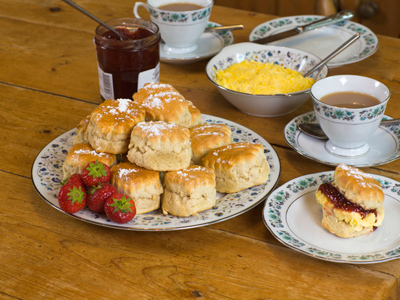
A Batch of Brain-Teasers - Groups, Collectives & Containers
Quiz playing is a wonderful way to increase your knowledge of English as a Second Language. Remember that all of our ESL quizzes have titles that are both friendly and technical at the same time… In the case of this quiz you might like to tell your friends about “A Batch of Brain-Teasers” but no doubt your teachers will talk about the “Groups, Collectives & Containers quiz”! If you hear a technical term and you want to find a quiz about the subject then just look through the list of quiz titles until you find what you need.
This quiz covers groups, collectives & containers. English uses very specific words to refer to groups of particular things. This is perhaps not quite as complex as Mandarin Chinese, which uses different counting-words (but fortunately, not different sets of actual numbers) according to whether the things they are counting are alive or dead, flat or solid, and a whole load of other category divisions. Learn about these groups, collectives & containers and any English speakers that you meet conversationally will probably congratulate you if you know and use them correctly.
See how you get on with this 'batch of brain-teasers'!
'It says in the local paper that some architects' ... ... is hoping to build a ... ... of flats on the land opposite the station.'
'If people are feeling hungry mid-afternoon, I'll bake a ... ... of scones.'
('Scones' are smallish, fist-sized, fresh sweet or savoury buns. The classic context for them is as part of a 'cream tea', where the scones are split open and eaten with fresh thick cream ~ or just possibly, failing that, butter ~ and jam, accompanied by a fresh pot of tea.)
'On the table in the living-room is a whole ... ... of magazines that I never got round to reading.'
'I well remember the picture over the bed when we used to go and stay with my grandmother. There was a ... ... of sheep in an autumn field, and over their heads a ... ... of geese was flying into the sunset.'
'He has had a whole ... ... of girlfriends down the years, but he never seems to have settled down permanently with any of them.'
There's a ... ... of traffic waiting to turn into the supermarket.
'How many full ... ... we can lay at the table for this smart dinner, will depend on how many big plates we still have in the ... ... .'
'Few things are so dispiriting to wake up to, as a ... ... of dirty washing on the bedroom floor.'
The term 'bundle' is also used to mean the ~ often quite large ~ mass of documents assembled for reference in a trial in court: photographs, reports, witness statements etc. And we can use this noun (like many others) as a verb: one could 'bundle the children upstairs to the bathroom', as quickly as possible, after coming indoors from a wet or muddy walk.
'When the children were let out of school on their last day, they went charging across the playground like a ... of elephants.'
A flock (Answer 2) applies to sheep, goats and other similar semi-domestic animals (llamas, for instance), and also ~ perhaps strangely ~ to birds.
Ready for more?
not all...
quizzers. Try to win a coveted spot on our Hall of Fame Page.








One unit of flats within the same building is 'a block'.